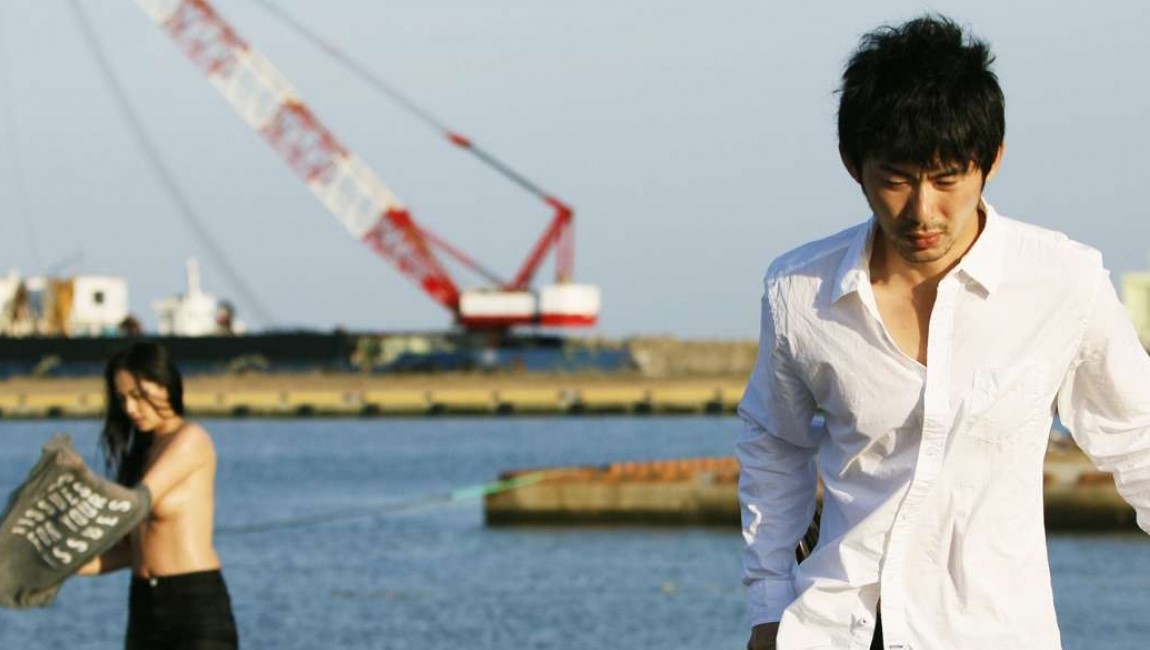Death and destruction are the mainstays of war, but it is war’s fatigue — long-drawn and uncertain, for both its combatants and victims — that often proves the most dehumanizing. When Russia invaded Ukraine on February 24, 2022, paving the way for the latter’s military retaliation, popular discourse centered around the invasion’s moral and legal illegitimacy, as well as the threats of nuclear escalation; today, some 18 months after, these issues remain, but they have receded from the collective imagination, now encountered with largely numb indifference. The existence of a collective imagination implies that war has a spectatorial dimension, too, and with the confluence of technological connectivity and widespread democratic peace in our time, war’s spectators have found both morbid fascination and placid disinterest in the endlessly documented travails of ordinary humanity forced to bear the extraordinary cross of political folly. Ever since 1991, when Jean Baudrillard famously declared that the Gulf War did not take place, our perception of war has fundamentally shifted: now, everything is seen, but little felt.
In such times as these, human dignity is hard to come by, and it’s to the credit of Polish documentarian Maciek Hamela that his feature debut, In the Rearview, manages to co-opt its broader sociological framework into a modest but ultimately majestic affirmation of personhood. In the Rearview follows Hamela across the span of days, maybe weeks, as he and a rotating team of camera operators flit in between Ukraine and Poland, following several Ukrainian families in the early days of the invasion as they evacuate their homes and sojourn westward for safety. “Following,” in ethnographic parlance, connotes a kind of emotional distance, but Hamela’s job here is twofold: he not only documents these families, but also actively helps transport them away from untold carnage. Serving as shelter and temporary reprieve — and on occasion as makeshift ambulance — his vans gradually reveal war’s forgotten microcosms: neighbors and family members callously shelled by bombs, accounts of rape and aggression perpetuated by occupying Russian forces, and so on. But more tellingly, they convey the tense passing of time — time in the wake of great loss and displacement, but also time living on the precipice of even greater uncertainty for the future.
The result is a quietly devastating act of resistance amid tragedy, as the film lingers not so much on particular families or even particular stories, but imprints the muted cacophony of emotions undertaken on their journey into memory. Relief from imminent death is painfully undercut by parents and children alike grieving for the dead and tussling with perpetual anxiety, although it’s the shell-shock and numbness that induces the greatest devastation — a little girl no longer speaks after her apartment was bombed, and another girl on the same ride attempts to cheer her up with cartoon drawings, despite being brutally acclimatized to the sound of planes: “We’ll die, that’s all.” The little girl responds with a smile and a small wolf’s howl. Here, Margaret Atwood’s pithy aphorism, that “war is what happens when language fails,” may be inverted and generalized to describe the impossibility of communication, even relation, between those who suffer and those who do not. In the Rearview offers ever so slightly a reprieve against this failure of language; its minimalist and peripheral designs capture the tentative resumption of everyday testimony, in tenuous hope for the resumption of everyday life. Tellingly, Hamela’s title — the rearview, as opposed to the frontlines of war — eschews shock value, both pacifism’s greatest poster child and its undoing. For it is against the backdrop of war that humanity is most easily forgotten, yet most doggedly lingers on.
Published as part of TIFF 2023 — Dispatch 3.







